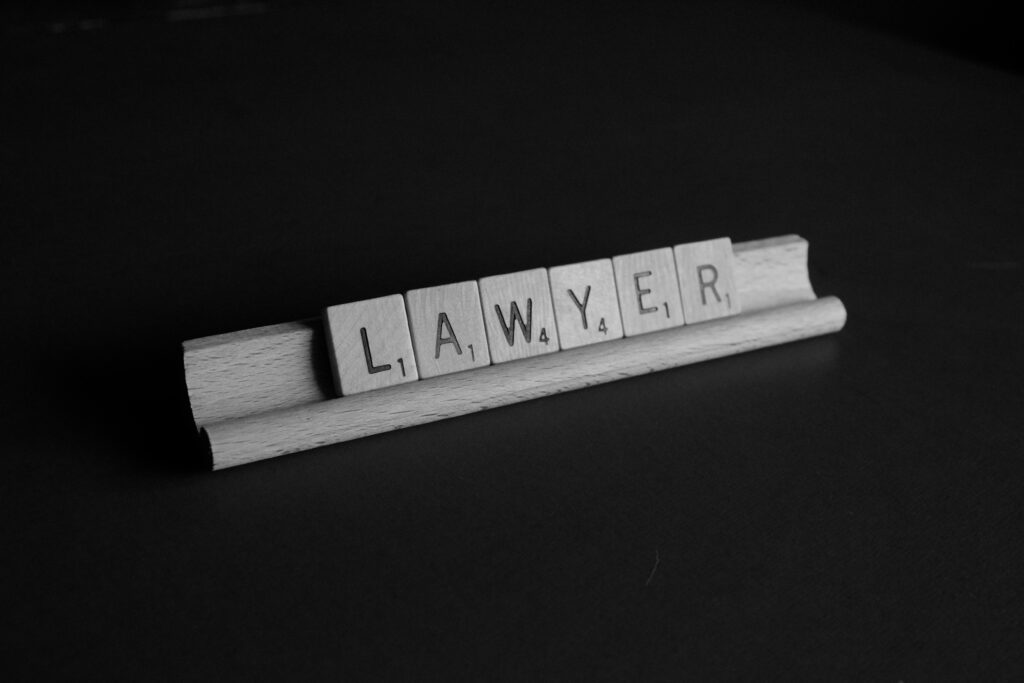Filing a lawsuit whether for a personal injury case or to handle your divorce generally requires the expertise of an attorney. A quick search engine search gives you tons of options in your local area. Give yourself the power of the right attorney at your side by following these guidelines.
Law Type
A lawyer typically specializes in one specific area of law unless in a very small town. Choosing an attorney steeped in bankruptcy law to handle your personal injury case can leave you without the expertise you need. To start, type in your case to determine the area of law it falls within. For example, a motorcycle crash falls within personal injury while child custody disputes fall under family law. Once you know the type of law, you can search for available attorneys, ask for recommendations and do further research.
Honest Counsel
The last thing you want is to choose one who provides false or misinformation. That does not help your case. In fact, choosing an attorney who doesn’t prioritize honesty could cause you to lose your case. In many instances, losing the case can have dire consequences for your life while not negatively affecting your legal counsel. Be sure to run the attorney’s name through the bar association for your state. Most list any issues or complaints filed against them.
Search Testimonials
One way to get a good feel for their character is by searching for testimonials. Go beyond the attorney’s website by searching their name plus review or testimonial. Review several statements and weigh the good with the bad. Choose at least three to look further into to help you come to an informed decision.
Initial Consultation
Take advantage of the free consultation the majority of lawyers offer potential clients. These consultations allow you to ask questions, see their workspace and assess their character. Come prepared with a list of questions to ask. These questions can include things about your specific case, their experience in the area of law you need representation and any staff they employ. Some cases may need expert witnesses, financial analysts or access to mediation. Can the attorney handle those items?
Right Decision
Once you have thoroughly interviewed the attorney, you can then assess what is the best course of action for your case. In the end, go with your gut. If something doesn’t feel right even though everything looks right, it may be a good idea to consider other options. Don’t be afraid to speak with more than one attorney regarding your case. Then you can make the best decision because it will be informed.

